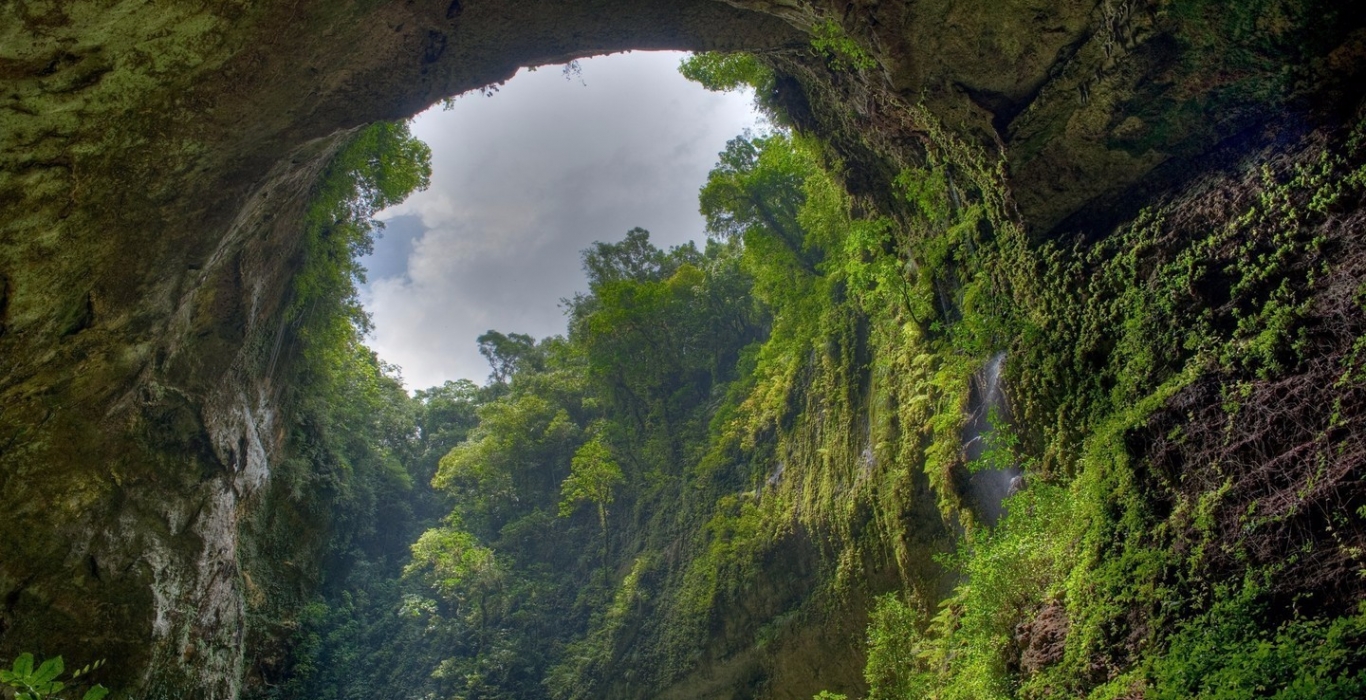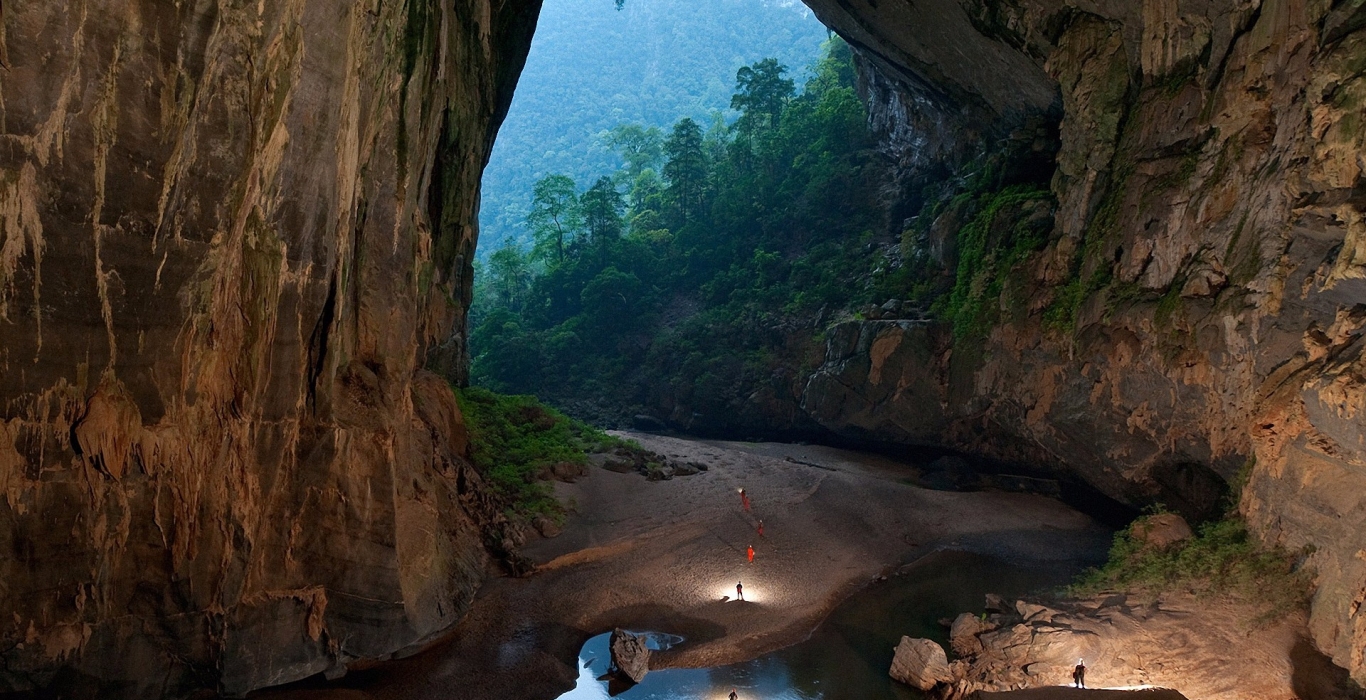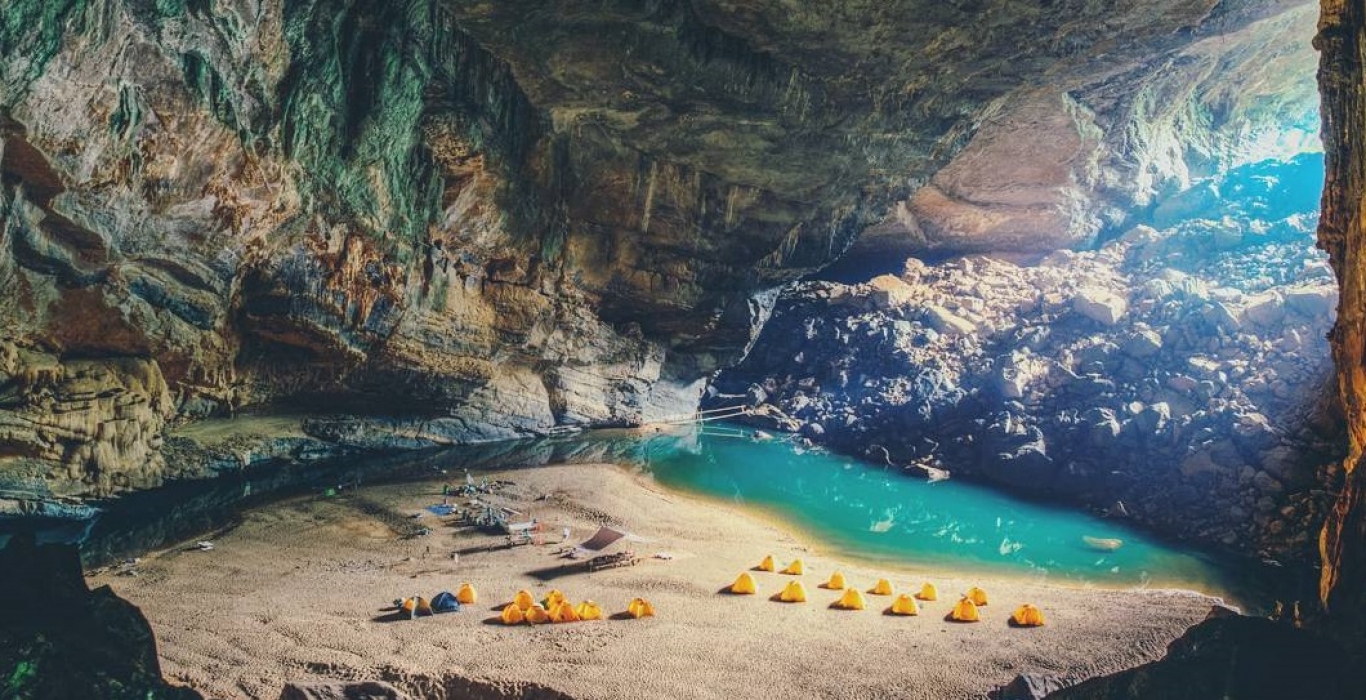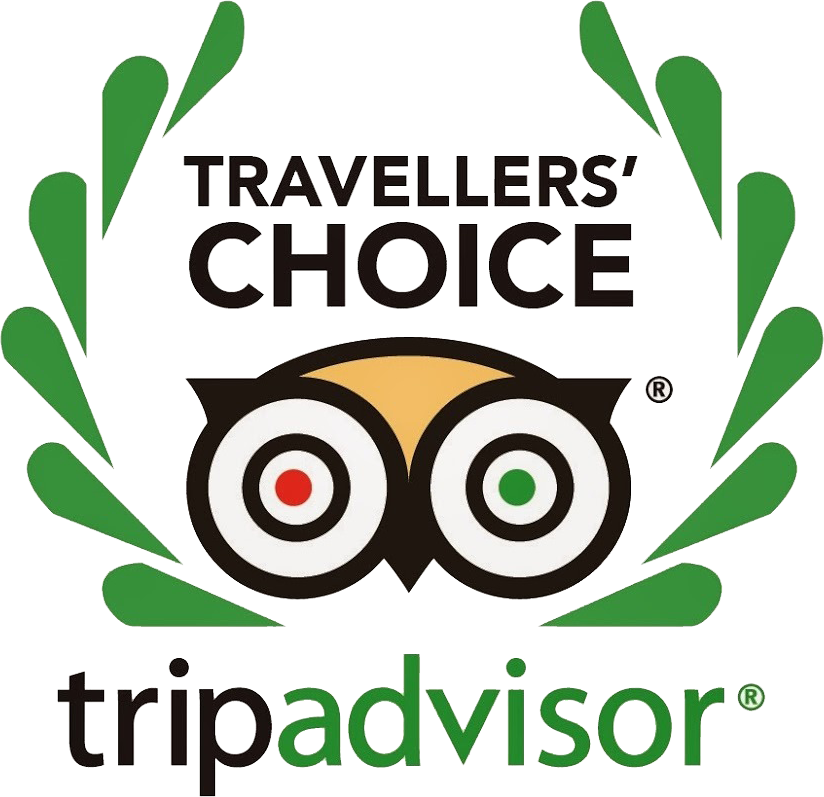FAQs
We understand the importance of essential information that you may require of the country that you are intending to visit very soon. We have amalgamated key frequently asked questions and their answers which you may find useful. The questions and their respective answers listed here are just for guidelines meant only to assist you plan and organize your trip. For detail information, we would recommend you to do background research on the country or area that you wish to visit.
How can I check that you are a legitimate tour company?
What do I need to know regarding visas to enter Vietnam?
How do I get from the airport to central Hanoi/Ho Chi Minh City if I’m not being met?
What kind of accommodation can I expect to see?
Do children under 12 years old can stay in the same room with their parents?
Do children enjoy discounted rates?
Do you offer any group discounts?
What about unused services?
Why your quotation is higher than some other agencies?
Is travel insurance necessary?
When should I tip?
Do I need to check my arrangements before traveling?
Can I get cash on my credit card in Vietnam?
What medical precautions do I need to take when traveling to Vietnam?
What are Electrical Plugs available for Electronic Devices in Vietnam ?
When are the public holidays in Vietnam?
When is the best time to visit Vietnam?
A. How can I check that you are a legitimate tour company? Do you have legal certificates for organizing tours in Vietnam?
We are tour operation in Vietnam with fully licenses and other documents needed for an International tour operator in Vietnam.
A. What do I need to know regarding visas to enter Vietnam?
It is the responsibility of each tour participant to obtain, comply and carry a valid passport, visa(s), health equipment and any other documents required by applicable government regulations.
The most important thing is to make sure your Vietnam visa is stamped with the correct dates and the correct entry and exit points. The standard tourist visa is valid for a period of up to 30 days. If you’re going for less than 30 days you can either specify the exact dates, but it is probably best to ask for the maximum period to give yourself more flexibility.
A. How do I get from the airport to central Ho Chi Minh City/Hanoi if I’m not being met?
Ho Chi Minh City’s Tan Son Nhat airport lies about 7km northwest of the city centre. The best way to get into the city is to take a taxi. Ignore the expensive airport taxi booking desk and pick up a metered taxi outside the terminal (you might have to insist they use the meter; if not agree a price with the driver before setting off). The journey should cost around $7-10. I gather that there’s also an airport bus ($2), but that it only runs between the airport and the Vietnam Airlines office on Nguyen Hue.
Hanoi’s Noi Bai airport is 35km north of the city. A taxi into town should cost around $20-25. You can either pay at the taxi booking desk inside the airport building (make it clear your paying for a taxi and not the minibus), or find your own taxi outside. A cheaper option is the Vietnam Airlines minibus ($4), which drops you outside their office at the south end of Hoan Kiem Lake. Tickets are sold inside the terminal building.
A. What kind of accommodation can I expect to see in Vietnam?
The main cities now boast top-rank hotels at very reasonable prices thanks to a recent building boom and a drop in tourist numbers. Even new, mid-market hotels now offer satellite TV, mini-bar, IDD phone and spacious bathrooms as standard. At the cheaper end, the small, private hotels (called mini-hotels in the north and “rooms for rent” in the south) often provide the best value for money. At this level standards vary enormously, but in general the newer the hotel the better the facilities.
Outside the main cities and tourist areas accommodation is more limited, and may well consist of just one state-owned hotel. Often it will be a rather dowdy, relatively expensive place, not always very clean and with poor standards of service. In the south, the hotels may not have hot running water. Toilets may be of the squat variety and drains a bit iffy. In which case, it’s always worth asking to see another room.
A. Do children under 12 years old can stay in the same room with their parents?
Generally children under 12 stay for free in their parent’s room sharing the bed (without breakfast). The age requirement differs depending on the specific hotel’s policy.
The general policy concerning the charging of room an breakfast charges for children traveling together with their parents or family is as follows:
– Children more than 12 years of age: Any child this age is considered an adult by most of the hotels.
– Free baby cot are only suitable for children under 2 year olds upon request.
A. Do children enjoy discounted rates?
Yes, children enjoy discount from us.
– under 2 year olds free of charge.
– 2-6 year olds: 50% of adult price.
– 7-12 year olds: 75% of adult price.
A. Do you offer any group discounts?
It varies for different tours. If you have larger groups, special prices would be applied, just contact us
A. What about unused services?
No refunds or exchanges can be made with respect to accommodation, meals, sightseeing tours, transport or any other services included in the tour price, but not utilized by the tour members.
A. Why your quotation is higher than some other agencies?
Of course you can book a cheaper tour with another company, but please be advise that you get what you pay for! We are – we bring more value for your money. Steady quality services and no hidden cost.
A. Is travel insurance necessary?
Insurance is not included in the tour cost. You are required to take out travel insurance and any other necessary insurances including cancellation fees, medical and curtailment expenses, loss of luggage, early departure from tour due to death or illness etc. This adequate information is very important to meet your needs, and will assume that you will have done so before your arrival in Vietnam.
A. When should I tip in Vietnam?
Tipping is not habit in Vietnam, but will be greatly appreciated. Smart hotels and restaurants nowadays add a 15% service charge (which should be indicated on the bill) but elsewhere it’s up to you. In most cases, a small of tip of 1$ will be sufficient.
It’s a good idea to tip guides, drivers and anyone else who has provided good service. Usually one or two dollars will be enough. When deciding how much to give, bear in mind that the average income in tourism sector in Vietnam is around $250-300 per month.
A. Do I need to check my arrangements before traveling?
Yes, we recommend that you do. This will ensure that we are aware of your imminent arrival in Vietnam and everything will be ready for you.
A. Can I get cash on my credit card in Vietnam?
Cash advances on credit cards are available at the ATMs in Hanoi, HCMC and other major cities, for which you will be charged around 3%.
What means of transportation are available for traveling in Vietnam?
By air: You can get almost anywhere while visiting Vietnam, but scheduled flights to some Vietnam travel destinations are few and late changes in aircraft type can impact travel plans.
By train: Rail is still slow. The rail network is limited. Lines run between Hanoi – Saigon, Hanoi – Lao Cai – Hekou (China) – Kunming (China), Hanoi – Langson – Beijing (China). The train to China departs from Hanoi train station. You can join the train to Kunming at the Lao Cai station, but you can only join the train to Beijing from Hanoi. The train stations for some Vietnam travel destinations can be literally in the middle of nowhere. The rolling-stock is generally serviceable, but old and spartan by western standards.
By local bus: Bus travel used to be available only packed sardine-style into hot and stuffy, smoke belching reject Russian 40-seaters with bicycles, motorbikes and maybe the odd pig strapped to the roof. For the true adventurer only! These buses are still around and popular with the locals
However, there is now a system of privately owned buses, open-tour buses, minivans (usually 12, 15 or 16-seaters) connecting most sizeable population centers with neighboring towns and cities.
Bicycle or motorbike rentals can be found in major cities of interest, like Hanoi, Ho Chi Minh or Hue, Hoi An, but make sure that you understand the traffic rules before riding.
A. What medical precautions do I need to take when traveling to Vietnam?
It is important to visit a doctor or specialist travel clinic as early as possible (preferably two months) before departure to allow time for the recommended courses of vaccinations. This is particularly important if you suffer from any medical condition and/or are travelling with young children.
At the time of writing, no vaccinations are required for Vietnam (with the exception of yellow fever if you are travelling directly from an area where the disease is endemic). However, typhoid and hepatitis A vaccinations are normally recommended, and it’s worth checking that you are up to date with boosters for tetanus, polio etc. Other injections to consider, depending on the season and risk of exposure, are hepatitis B, Japanese encephalitis, meningitis and rabies. It is best to discuss these with your doctor.
There is obviously a lot that you can do to protect yourself by taking a few common-sense precautions. In tropical climates it’s easy to get run down, so one of the keys is to keep your resistance high by getting plenty of rest and allowing time to acclimatise to the heat, humidity and unfamiliar diet. It’s important to eat well, especially peeled fresh fruits, and to keep up the intake of liquids – bottled water is readily available and hot tea is offered at the drop of a hat.
Personal hygiene is also crucial. Wash your hands frequently, especially before eating, and clean all cuts, scratches and bites carefully. Note that tapwater may be infected, especially during floods, so use an antiseptic spray on open wounds after washing.
Malaria is present in Vietnam. However, at the time of writing both Hanoi and HCMC have very low incidences, while the northern delta and coastal regions of the south and centre are also considered relatively safe. The main danger areas are the highlands and the rural areas, where Plasmodium falciparum, the most dangerous strain of malaria, is prevalent. Your doctor will advise on which, if any, anti-malaria tablets you should take.
Again you can help yourself considerably by not getting bitten in the first place. (Other mosquito-borne diseases include dengue fever and Japanese encephalitis.) Mosquitoes are most active at dawn and dusk, when you should wear long sleeves, trousers and socks, avoid dark colours and perfumes (which apparently attract mosquitoes), and apply repellent to any exposed skin. Sprays or lotions containing around 40% DEET (diethyltoluamide) are the most effective, but it is toxic – keep it away from the eyes and open wounds – and not recommended for young children. Other, less worrying alternatives are Mosi-Guard Natural, X-Gnat or Gurkha repellents. Most hotels provide mosquito nets where necessary; make sure you tuck the edges in well and check for holes in the mesh. Air conditioning and fans also help keep the little blighters at bay.
When it comes to eating, the most important thing is to choose places that are busy and look well-scrubbed, and to stick to fresh, thoroughly cooked foods. Despite appearances, often the small local restaurants with a high turnover of just one or two dishes are safer than expensive, Western-style places. Restaurants where the food is cooked in front of you – for example, steaming bowls of pho soup at a street stall – are usually a good bet, as well as being lots of fun. However, steer clear of shellfish, peeled fruit, salads and raw vegetables. On the other hand, yoghurt and ice cream from reputable outlets in the main cities shouldn’t cause problems.
Bottled and canned drinks, such as Coke, 7UP, Fanta and beer, are widely available even in the countryside. Bottled water is also plentiful and very cheap, though check the seal before you buy and if the water looks at all cloudy, give it a miss. It’s not a good idea to have ice in your drinks and never drink water from the tap.
If you do fall ill, pharmacies in Hanoi and HCMC stock a decent range of imported medicines (check they are not past their “use-by” date). Both these cities also now have good, international-class medical facilities. Elsewhere, local hospitals will be able to treat minor ailments, but for anything more serious head back to Hanoi or HCMC.
A. What are Electrical Plugs available for Electronic Devices in Vietnam ?
Two prong plugs are common in Vietnam. Many of the new 4 and 5 star hotels use the British standard 3-pin plug
A. When are the public holidays in Vietnam?
January 1: New Year’s Day
January / February: Tet or Vietnamese Lunar New Year. The actual dates vary from year to year according to the lunar calendar. Officially 4 first days of the 1st month of Lunar Calendar but many businesses close down for a full week. This is the busiest time of the year for traveling in Vietnam and hotels, flights and trains are often full.
April 30: Liberation of Saigon Day
May 1: International Labour Day
September 2: National Day
Day 10 of the 3rd lunar month: Traditional holiday commemorating the mythical Hùng Kings.
A. When is the best time to visit Vietnam?
“My favourite time is in the autumn – that’s the best time in the north and south. The weather in the north is so pleasant, particularly around Sapa. And the light enhances all the scenery, reflects the colours… it’s dry with clear skies, everything looks more beautiful. In Hanoi the weather is lovely at that time and in Ho Chi Minh City, the temperature is comfortable which makes the tours more enjoyable. But you have to sacrifice Central Vietnam, as that’s when the floods happen.”
When is the best time to visit Phong Nha
Every time of year except October – November is raining season and flood in Phong Nha
How to go to Phong Nha
By bus, by train and fly
Where is the cheap and best hotel in Phong Nha
The best and cheap hotel in Phong Nha is Phong Nha Gecko Hostel locate in center of Phong Nha tourism center
OTHER INFORMATION ABOUT US: contact us
-
PHONG NHA HERITAGE TRAVEL
The Leading Local Tour Company

-
Contact Info
- Phong Nha Tourism Center, Son Trach Commune, Bo Trach dist, Quang Binh
- 02323 677 188
- +84 975 292 144
- heritagephongnha@gmail.com
- phongnhaheritagetravel.com
-
Useful Information






